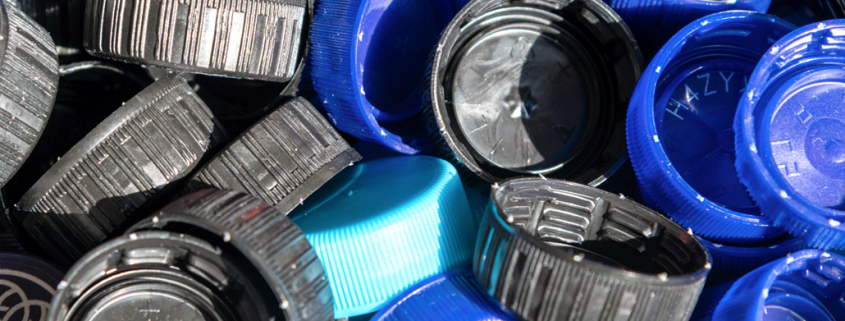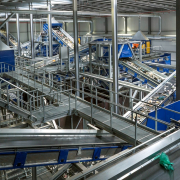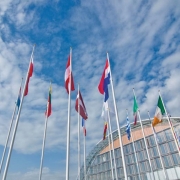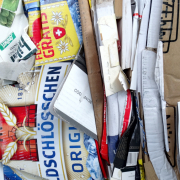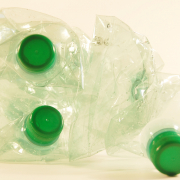Europe: More than 2.7 Billion Euro for Circular Economy
In 2019 alone, five European national promotional banks and institutions and the European Investment Bank (EIB), which form the Joint Initiative on Circular Economy, provided a combined financing of 2.7 billion Euro for circular economy projects.
The initiative, launched by the six largest public financial institutions in the EU, aims to finance at least ten billion Euro of investments to support the circular economy over five years (2019-2023). Its members are the Bank Gospodarstwa Krajowego (BGK – Poland), the Caisse des Dépôts Groupe (CDC – France), including Bpifrance, Cassa Depositi e Prestiti (CDP – Italy), the European Investment Bank (EIB), Instituto de Crédito Oficial (ICO – Spain) and KfW (Germany). They supported projects across a variety of sectors including agriculture, industry and services, mobility, urban development, waste and water management, EIB gave account. “The projects span over all stages of the value chain and lifecycle of products and services, from circular design to value recovery.”
The most recent companies and projects supported include:
- CREAPAPER, a German start-up for circular paper production and innovative packaging. It produces paper from grass, which not only saves wood as a raw material but also results in significantly lower CO2 emissions and water consumption
- Vestiaire collective, an online marketplace that allows its more than nine million users to sell and buy second-hand luxury fashion pieces
- Winnow is to develop software and hardware solutions to reduce food waste in professional kitchens
- Aquaservice, a leading Spanish water service provider that reuses and recycles all its material and carries out maintenance with a repair and reconditioning program
- Palazzo delle Finanze (Firenze), a recovery intervention of the existing buildings aimed at the establishment of new productive uses and annexed offices as well as the complete redevelopment of the area outside the complex
- Starmeat, top quality meat processing Polish manufacturer using an innovative process to reduce wasted meat
The Joint Initiative on Circular Economy (JICE) provides loans, equity investment, guarantees and technical assistance to eligible projects and develops innovative financing structures for public and private infrastructure, municipalities, private companies of different sizes as well as for research and innovation projects.
In addition, it contributes to the ongoing initiatives led by the European Commission by building knowledge through dedicated working groups and developing financing schemes. In that sense, it will increasingly engage in circular economy knowledge dissemination activities that will help develop and spread a circular economy culture across European business and financial landscape.
www.eib.org/de/publications/joint-initiative-on-circular-economy
(Published in GLOBAL RECYCLING Magazine 1/2021, Page 12, Photo: Džoko Stach / pixabay.com)

